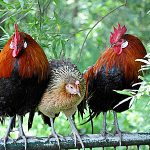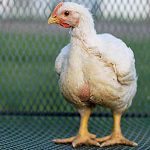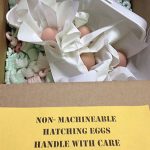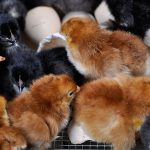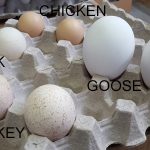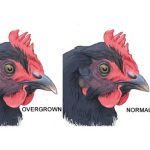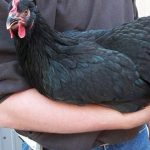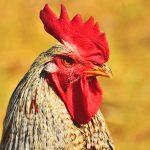
A rooster’s wattles come in flexible pairs that dangle beneath the beak, while its comb is a single structure prominently affixed to the top of the head. Researchers have determined that hens base their choice of mates, in part, on characteristics of the comb. But when it comes to wattles, they scratch their scholarly heads […]
Continue Reading
